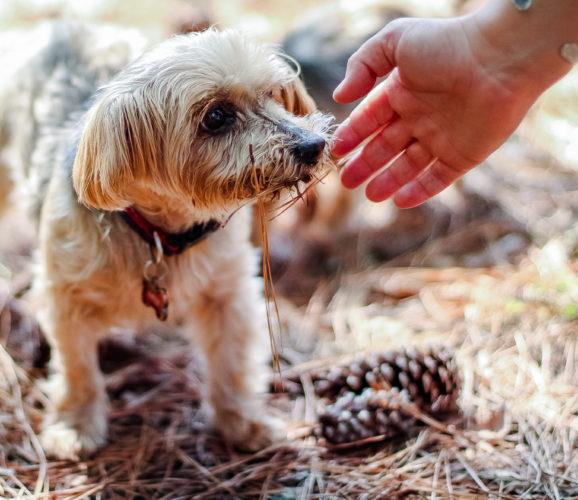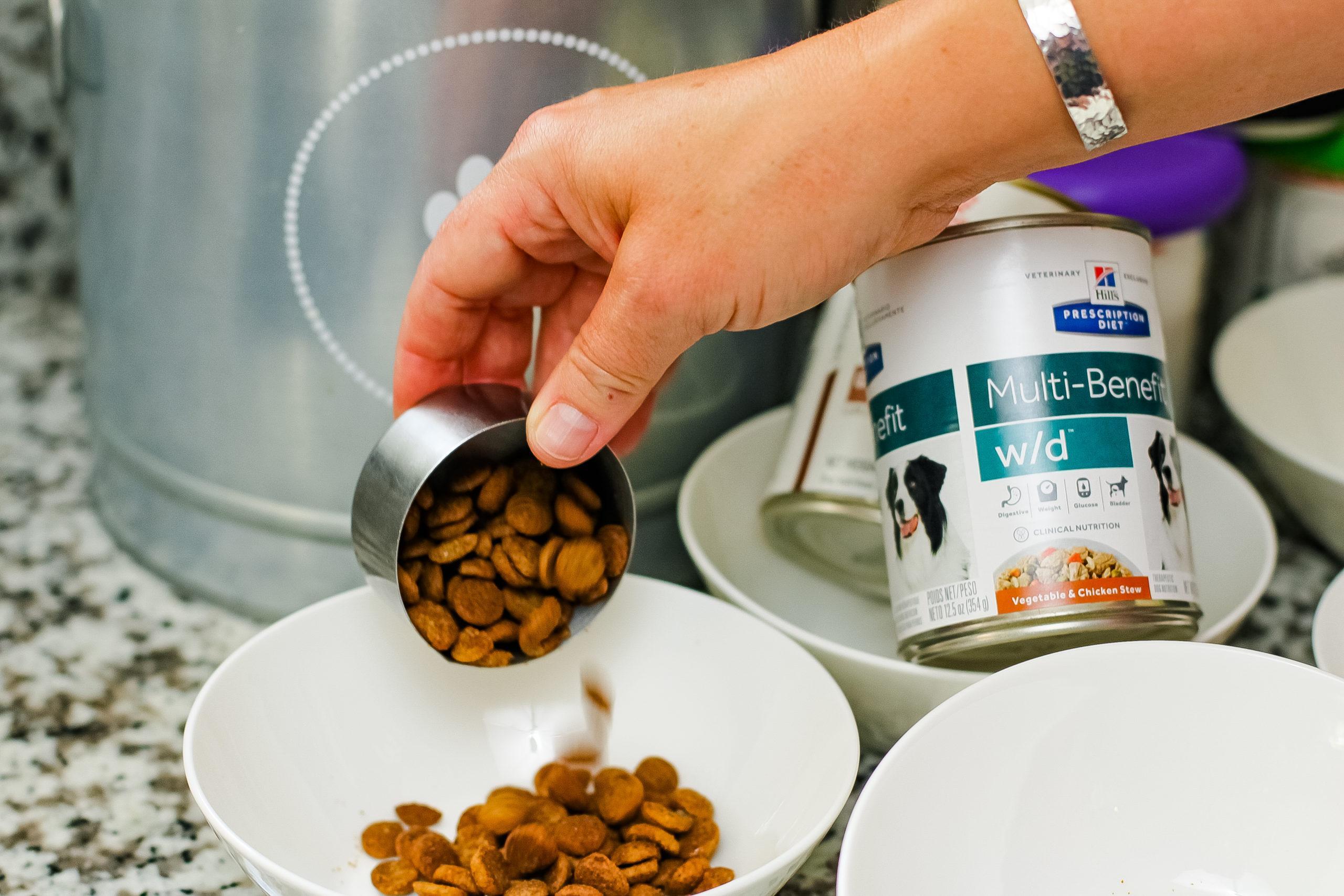
Foster parents are the front line for our dogs and a critical step in saving more lives. A foster home is a temporary living situation while a pet waits to be adopted. Foster families provide shelter, food, care, love and guidance. The number of dogs we save depends entirely on the number of people who will open their homes and hearts to foster them. For some of these dogs, this will be their first experience being treated as a family pet. You are their hero and you should never underestimate the important role you play in their lives!
Compact Canine Rescue is a foster-based rescue group–we do not have a shelter. The only way we can save dogs is by temporarily placing them in our volunteers’ homes until a family permanently adopts them. Being a foster family has rewards beyond the obvious value of helping a pet in need. For some, it is a chance to have a companion without making a lifetime commitment, or to try a new companion for an existing pet. Foster care is critical to our rescue efforts: the more homes we have, the more dogs we can save. Tears are often shed when a foster pet finally finds a home of their own, but it is worth knowing you have saved a life and opened up space to save another is truly rewarding.


What exactly does fostering mean? It means bringing an abandoned dog into your home and providing them with the care, affection and socialization they need until a permanent family comes along.
Compact Canine Rescue is a network of foster homes not a physical building. We rely solely on foster homes to determine how many dogs we can pull from county shelters, who may be long term residents and/or at risk of euthanasia due to overcrowding. Fosters are crucial to rescue's ability to help expectant female dogs, by affording them a quiet and comfortable atmosphere to deliver puppies and care for them in those first weeks of crucial development.
Often times, small dogs may not "show" well in a kennel environment due to excess energy, or jockeying for attention as potential adopters walk by. While fostering a dog, you are able to provide exercise and stimulation, which in turn creates a calmer dog which in many cases may be closer to what their behavior will look like in a home environment. In addition, you can work with the dog on leash training, house training, or other basic command training, that potential adopters will find attractive when looking for the perfect dog for their family.
Shelters and rescues often look to fosters for those dogs who may have endured a difficult past such as abuse, cruelty, neglect, under socialization, etc. As a foster, you have the chance and opportunity to gain a dog's trust, show them human touch and love perhaps for the first time, provide an environment for them to feel safe, and watch them transform before your eyes.
If you have existing pets, introducing a dog can be a great experience for them as an additional companion, additional socialization, and an additional playmate! Children can benefit from fostering as a way to introduce responsibility, selflessness, and is a way to educate about animals. Fostering is also a great way to "test" the idea of a permanent dog into the in your home in the future.
Fellow fosters from our rescue will help guide you through the experience, give ideas, answer any questions, and may even become your friends! There is nothing quite like sharing experiences with those who do the same and being part of a community of people who have like passions.
When your foster dog finds their perfect match you will experience many emotions. There will be joy, laughter and yes, tears. But, when it is a good match you rest easy knowing you made a difference. There will always be another dog who needs you.
Fosters will keep dogs an average of 12 weeks. Some pets need more time because of age, illness, injury, or behavior issues. Your time commitment will be discussed up-front before you agree to foster the pet, but most foster families keep the dog until the dog gets adopted.